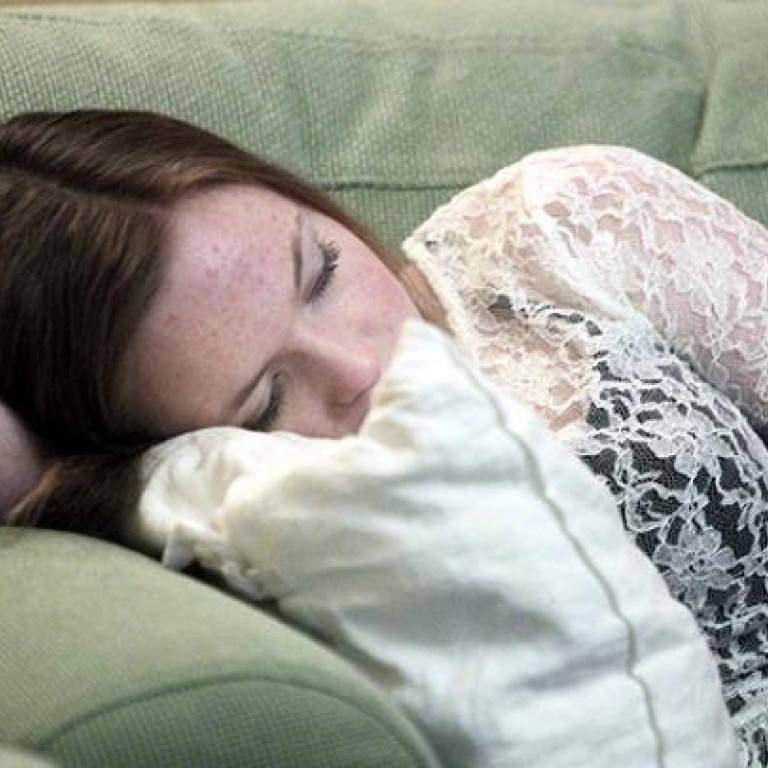
Study finds sleep deprivation plays havoc with genes for well-being
Sleep deprivation can trigger or exacerbate conditions such as diabetes or obesity
Getting too little sleep for several nights in a row disrupts hundreds of genes that are essential for good health, including those linked to stress and fighting disease.
Tests on people who slept less than six hours a night for a week revealed substantial changes in the activity of genes that govern the immune system, metabolism, sleep and wake cycles, and the body's response to stress, suggesting that poor sleep could have a broad impact on long-term well-being.
The changes, which affected more than 700 genes, may shed light on the biological mechanisms that raise the risk of ailments, including heart disease and depression, in people who get too little sleep.
"The surprise for us was that a relatively modest difference in sleep duration leads to these kinds of changes," said Professor Derk-Jan Dijk, director of the sleep research centre at Surrey University, who led the study.
The surprise for us was that a relatively modest difference in sleep duration leads to these kinds of changes
Changes to genes that control metabolism may trigger or exacerbate conditions such as diabetes or obesity, while disruption to other genes, such as those that govern the body's inflammatory response, may have an impact on heart disease.
Sleep loss also had an effect on genes that govern the body's biological clock. The tests showed that people who slept for 8.5 hours had about 1,855 genes whose activity rose and fell over a 24-hour cycle. But in the sleep-deprived, nearly 400 of these stopped cycling completely.
"There is a feedback between what you do to your sleep and how that affects your circadian clock, and that is going to be very important in future investigations," said Dijk.
Jim Horne, professor of psychophysiology at Loughborough University's sleep research centre, said: "We must be careful not to generalise such findings to, say, habitual six-hour sleepers who are happy with their sleep. Besides, sleep should also be judged on its quality, not simply on its total amount."
